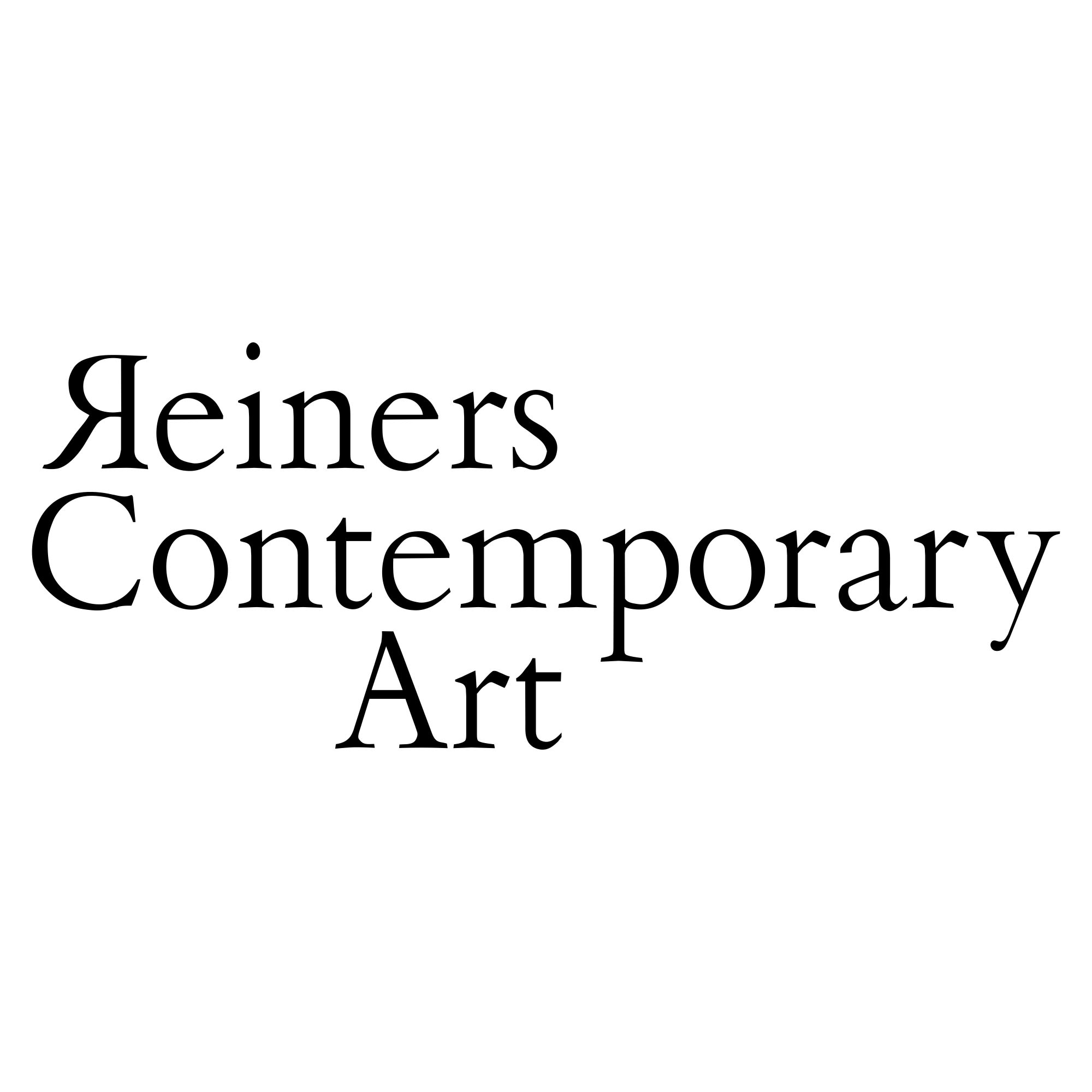
Literature
Kaluza lives and works as a photo artist, painter and author in Düsseldorf since his studies at the Düsseldorf University of Applied Sciences. His work has been exhibited in various galleries and museums in Seoul, Shanghai, Jerusalem, Los Angeles and Berlin, among others, since 1995. Plays written by Kaluza have been performed in Düsseldorf, Berlin and Stuttgart. In the context of his photographic work, the Rhine project is Kaluza's most colossal to date.
The basic idea of his photographic projects is that the concept of the artistic image can only unfold its persuasive power when the photograph captures a complexity that cannot be perceived with the naked eye. In a similar way to how a building in architecture only creates the impression of grandeur and representativeness desired by the builder from a certain dimension.
This is where Kaluza's Rhine project comes into play. Together with his team, he walked the entire length of the Rhine from its source in Piz Badus (Switzerland) to its mouth in Rotterdam in eight months. A picture of the left bank of the Rhine was taken every 70-90 metres, the distance always corresponding to the perceptual space that can be perceived by the human eye. Kaluza realises a pictorial compression of the Rhine as a geographical phenomenon and creates an experiential space for the viewer that is detached from geographical reality, physically and visually. By compressing the 21,449 individual images into one, he succeeds in making the subject of his photos visible and tangible in a new way. If all the photos were displayed in a single line, a 15-centimetre-high photo bar would require walking a distance of four kilometres, about 48 minutes at a normal walking pace. Since it takes several days at a normal flow rate for the water to travel the entire length of the Rhine, the photographic reduction is also a compression of time and makes it possible to experience the (river) reality as a whole.
Kaluza has created something new with his project. No one before him had ever documented the entire Rhine in seamless photographs. Such a project would have been unthinkable before the development of digital photography, because only digital photography allows a seamless presentation of the recordings in a single strip of images. A few years ago, the amount of data was simply unmanageable. A total of 13 hard disks filled the recordings. Kaluza's team had to regularly collect the portable hard disks to transfer the content to the hard disks in his studio. It took his assistants a year just to process the images.
In the end, the result was more a kind of scenography than a classic panoramic picture. Kaluza consciously wanted to avoid the perspective of the commander's hill and the "overview" in the direct sense of the word and rather adopt an earthly perspective through a ground-level viewpoint. The photographer's movement on foot was also important for the special character of the picture's aesthetics. It is precisely the slowness that enables the intensity of perception reflected in the Rhine project and allows the viewer to focus on details such as the quay walls, bridge heads and bushes. Almost incidentally, the project also records the changes in vegetation throughout the seasons. Cloudy and rainy weather and autumn sunshine, industrial plants and idyllic landscapes are given equal priority. With the help of digital technology, Kaluza creates for photography what was previously reserved for painting: the perspective of the big picture.
Matthias Fechter
Join our mailing list
* denotes required fields
We will process the personal data you have supplied in accordance with our privacy policy (available on request). You can unsubscribe or change your preferences at any time by clicking the link in our emails.
